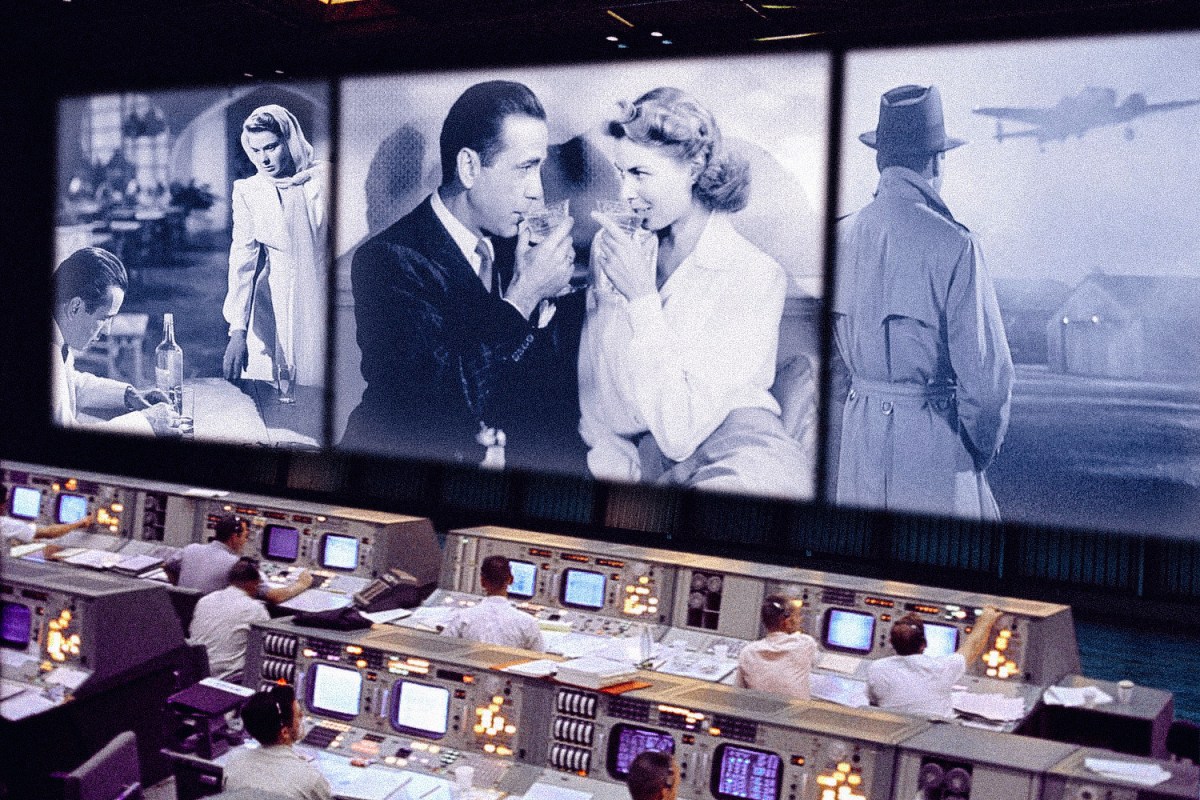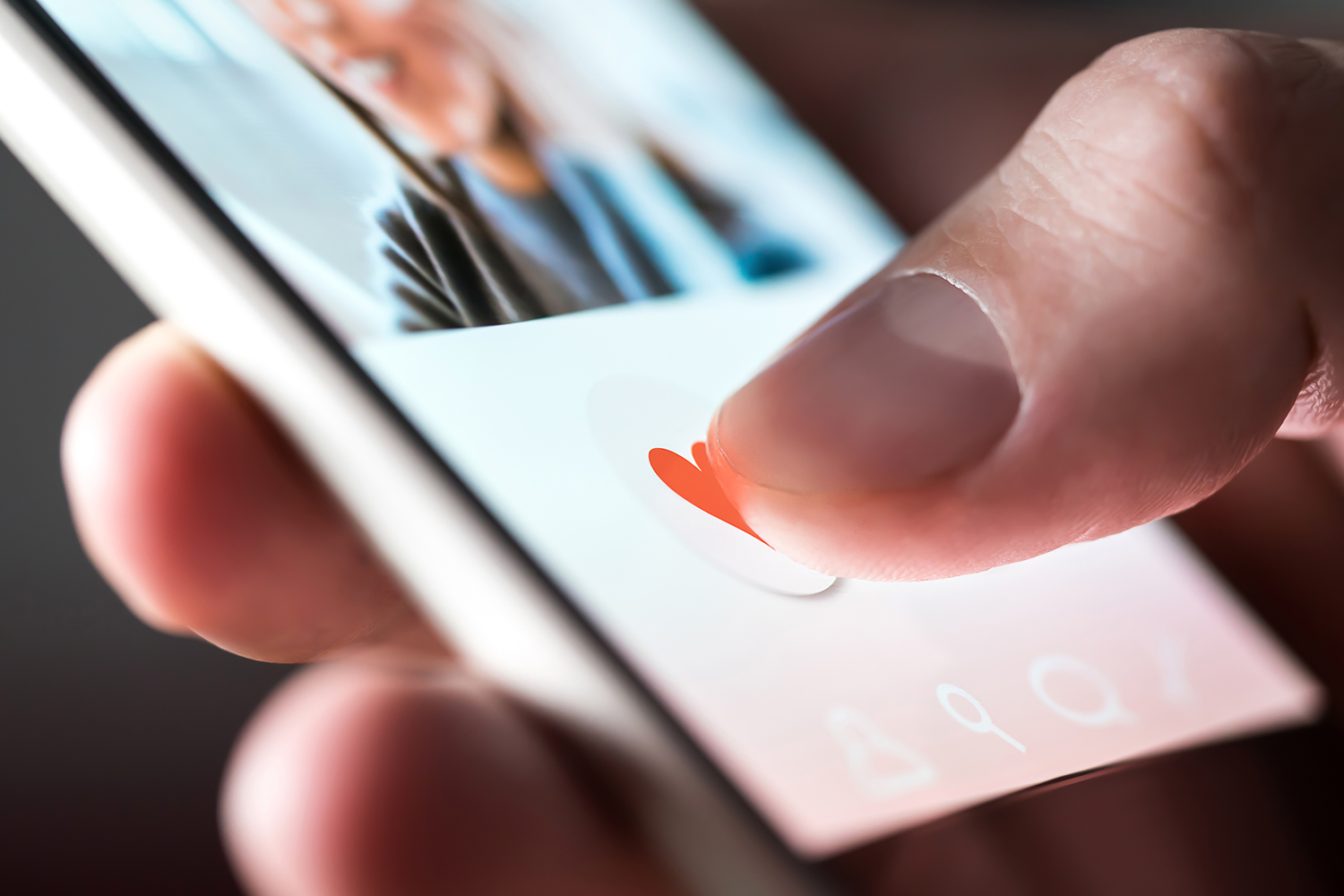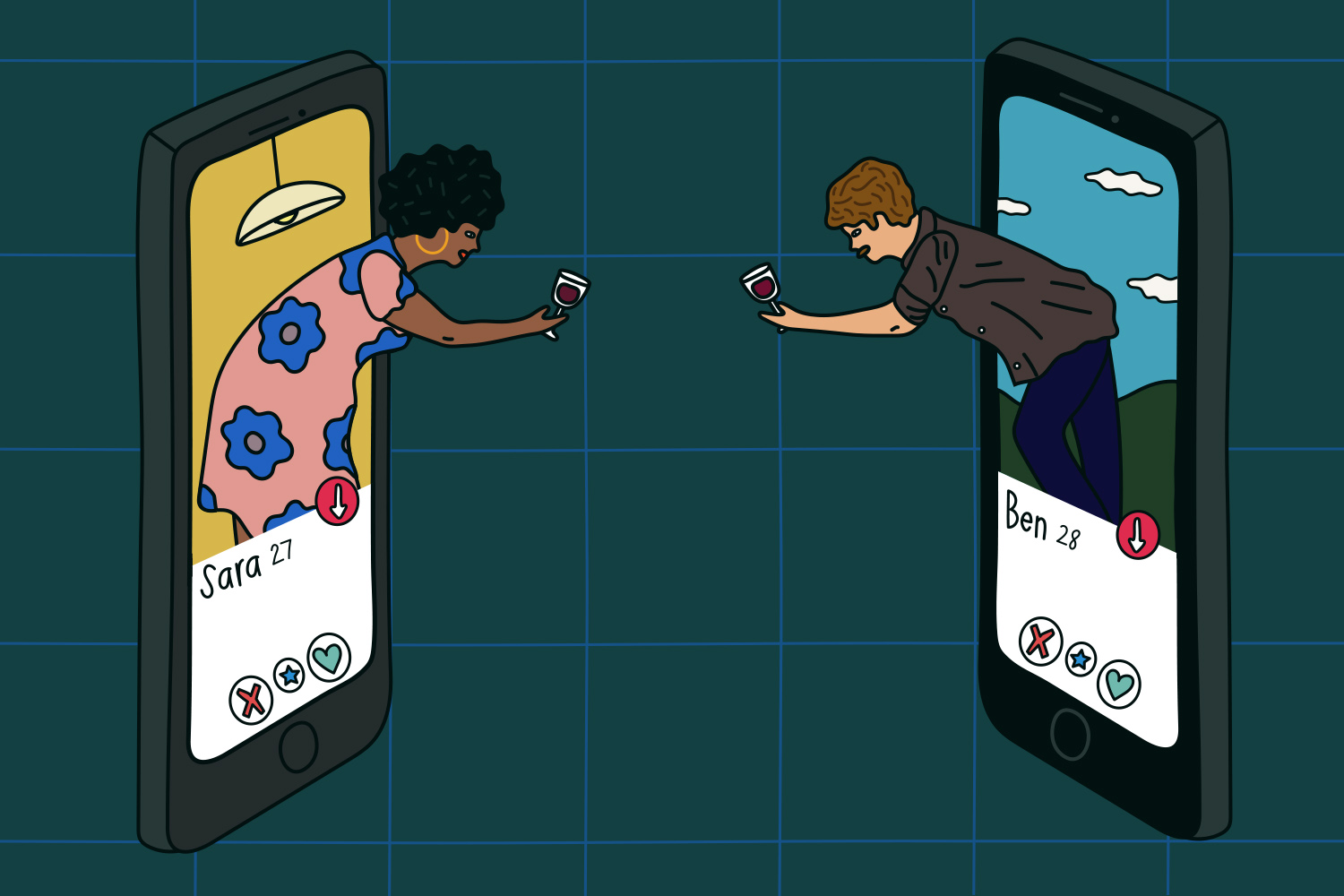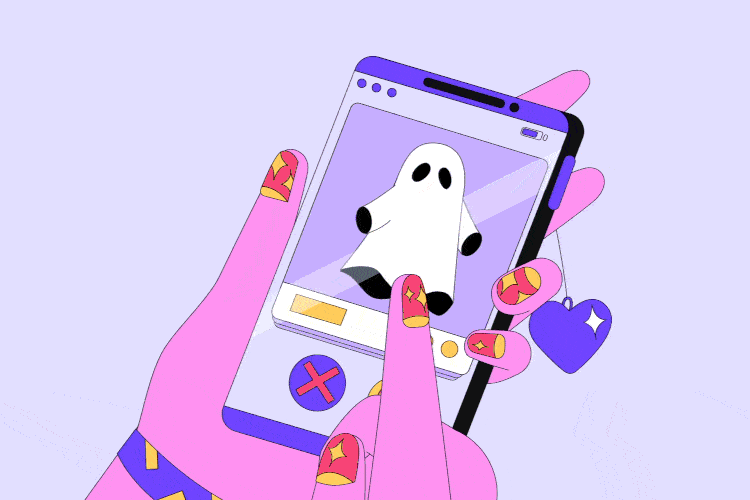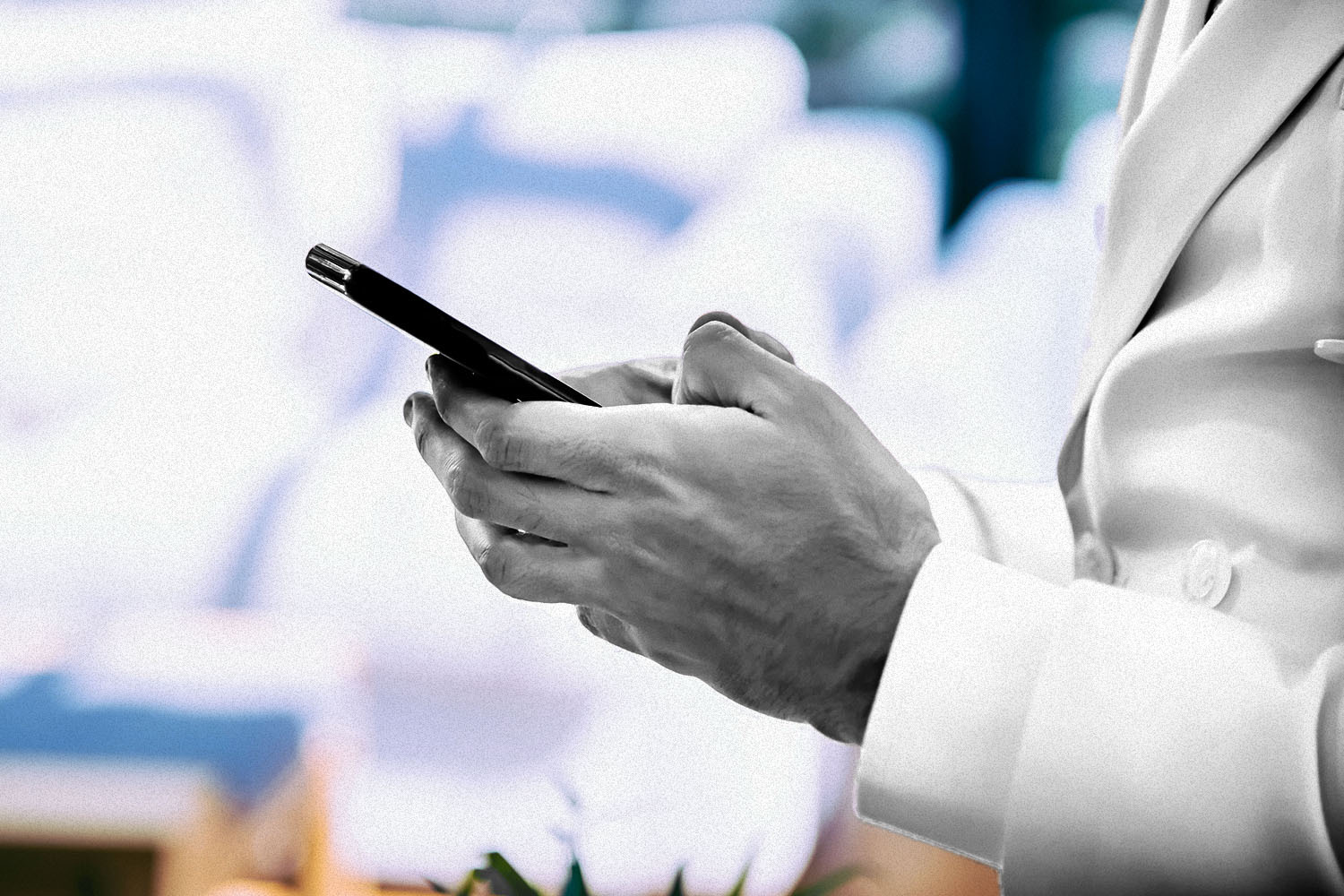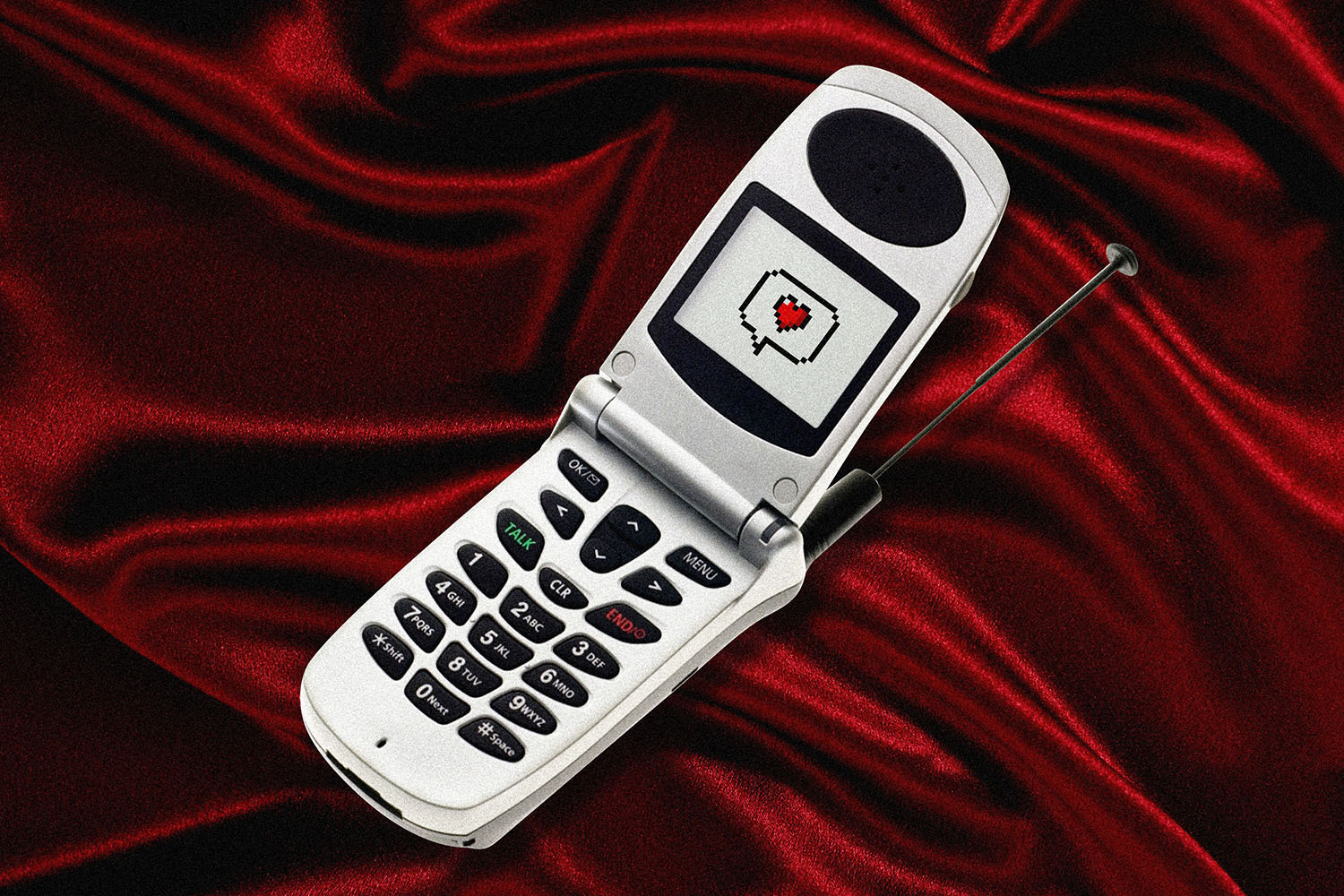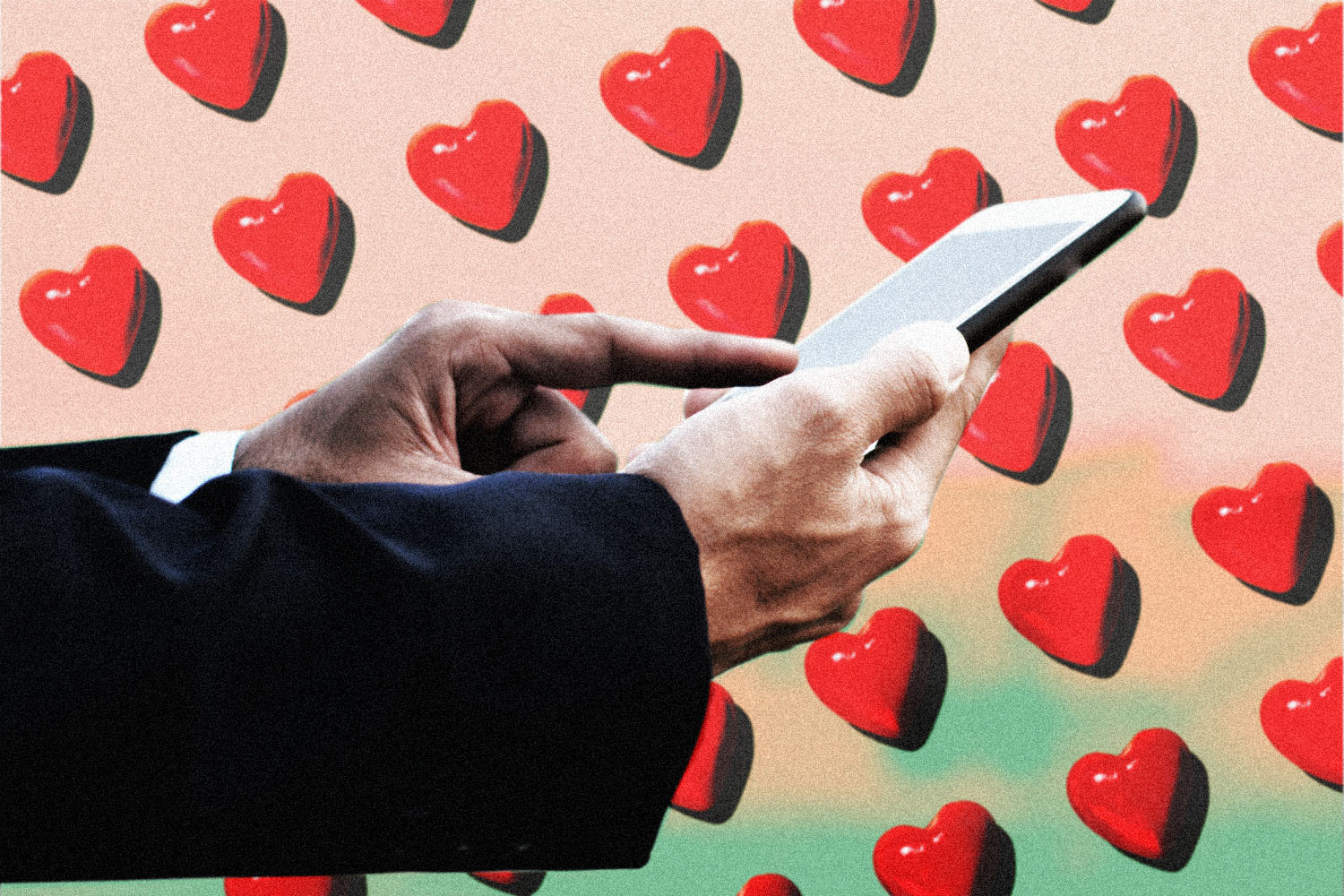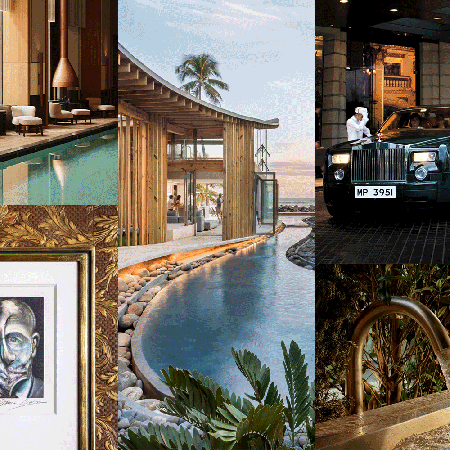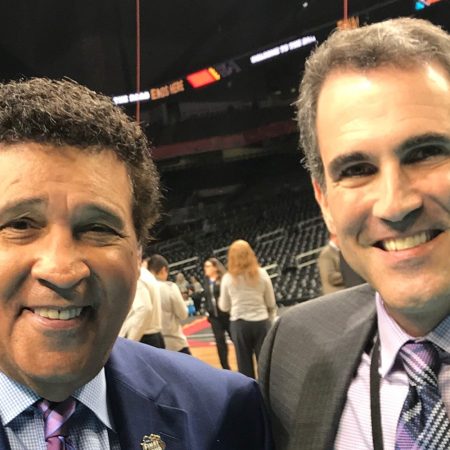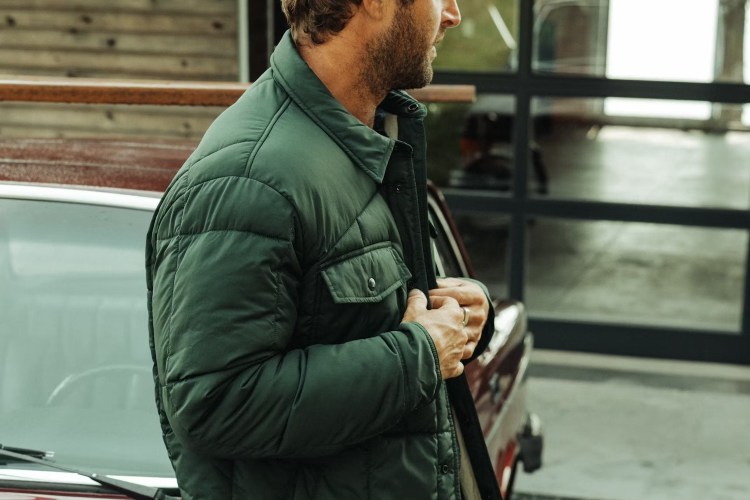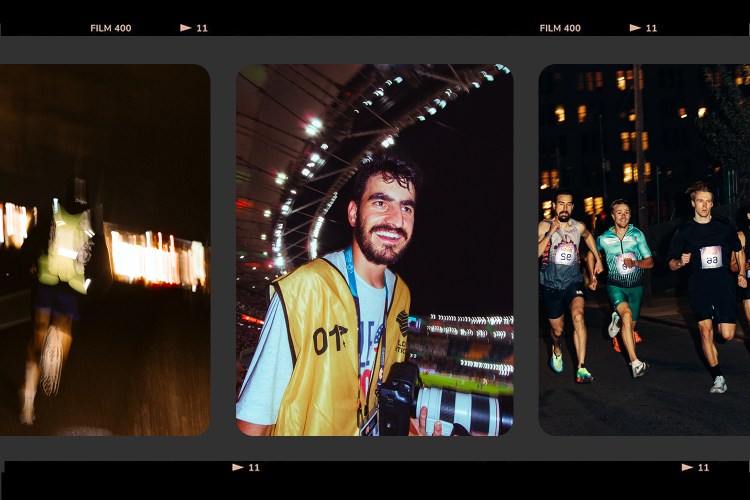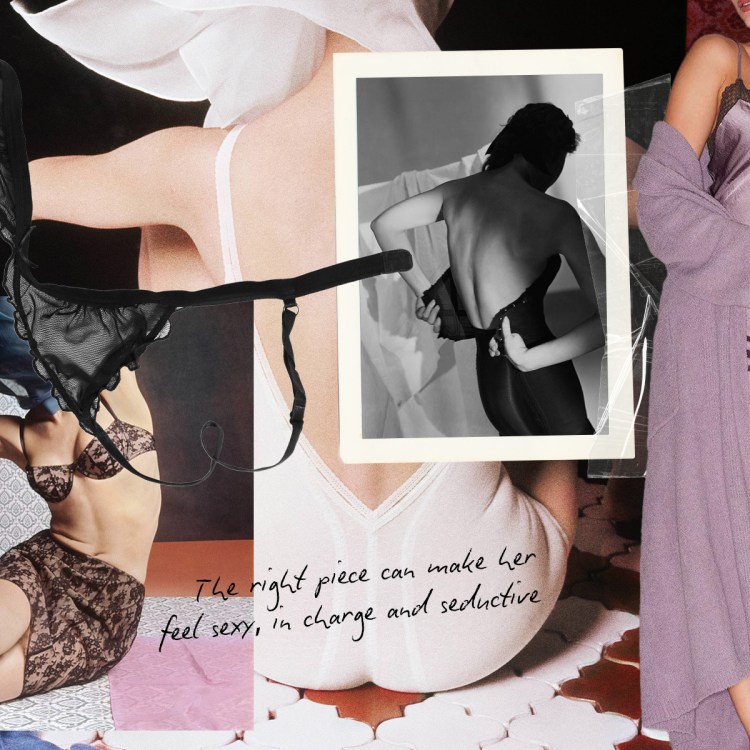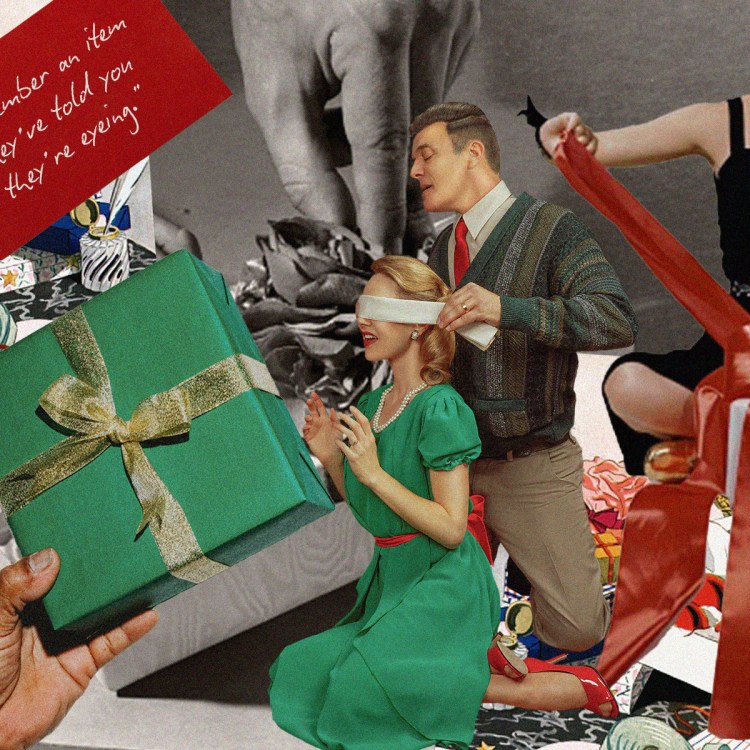Over the next two weeks, we’ll be publishing a series of interviews with thought leaders from a number of industries about the impact of COVID-19 and — more importantly — the improvements they expect to last well into the future. Get to know Post-Pandemic America.
Look, it’s no secret that the pandemic has been a great time for dating apps — as tasteless as it may sound to refer to the past twelve months as a “great time” for any entity, for any reason.
But while Tinder, Bumble and other heavy hitters in the online dating world may not like to brag about this particular stroke of good fortune, they can’t pretend this whole thing hasn’t worked out for them. While the widespread effects of COVID-19 saw most other industries forced to adapt, often dramatically, to unprecedented circumstances, if not shutter altogether, the unique climate of an era of social distancing saw dating apps step into a spotlight they’d been inching toward for years anyway. As pandemic life eliminated most opportunities to meet a potential romantic interest in real life, dating apps quickly became the only viable option for those hoping to maintain some semblance of a dating life in the early days of the pandemic. In short, in the age of COVID-19, all dating is online dating.
From the earliest days of the pandemic, people have flocked to dating apps like never before, and those apps have the numbers to prove it. Major online dating platforms have been reporting major surges in activity since the earliest days of the pandemic, and those trends have held steady for the better part of the past year. Tinder hit its first major pandemic milestone as early as March of last year, recording its highest number of swipes in a single day at three billion. According to Forbes, fellow Match Group property OkCupid saw a 700 percent increase in dates between March and May alone, and competitor Bumble saw a 70 percent increase in video calls. None of this has been bad for the apps’ bottom lines, either. Last month, Bumble founder Whitney Wolfe Herd became one of the youngest female billionaires in the world after the “ladies first” dating app went public.
But with the pandemic finally showing signs of approaching something resembling an end, is online dating’s stroke of luck poised to follow suit? With the prospect of returning to IRL mating grounds once again on the horizon, will dating apps be able to maintain their pandemic-era popularity?
We caught up with online dating expert Dr. Jess Carbino, a former sociologist for Tinder and Bumble, to get her insight on the future of online dating post-COVID. Below, Carbino shares her analysis of the industry’s pandemic-era boom, as well as her predictions for what the future holds as offline dating once again becomes a reality.
It’s no exaggeration: the apps really are thriving
“I do believe that what the dating apps are reporting is true in terms of a very dramatic and real increase in people using the apps,” Carbino tells InsideHook. “Obviously, online dating had [already] been very widely adopted. We know that it’s incredibly common among all demographic groups; that’s been established by a variety of sources — both the dating apps themselves, and also independent sources like Pew Research Center. That’s not even subject to question, but [the pandemic] has really pushed people to consider digital technologies as the mechanism by which they connect, because they have had no other option.”
According to Carbino, the pandemic-era dating app boom really just accelerated a trend that was already well underway. Back when she first started doing her research in the late aughts and early tens, “People talked about online dating as just one of many ways they could meet somebody,” she says. “That obviously started to shift in 2013, 2014 as the apps really started to take off, and it really became the principle way people met.” The pandemic simply exacerbated those circumstances, creating an environment in which, “frankly, online dating is the only way people can meet because they have no mechanism by which to meet people in any type of social situation.” While the pandemic may have sparked what Carbino calls “a dramatic acceleration” of online dating, it was hardly surprising.
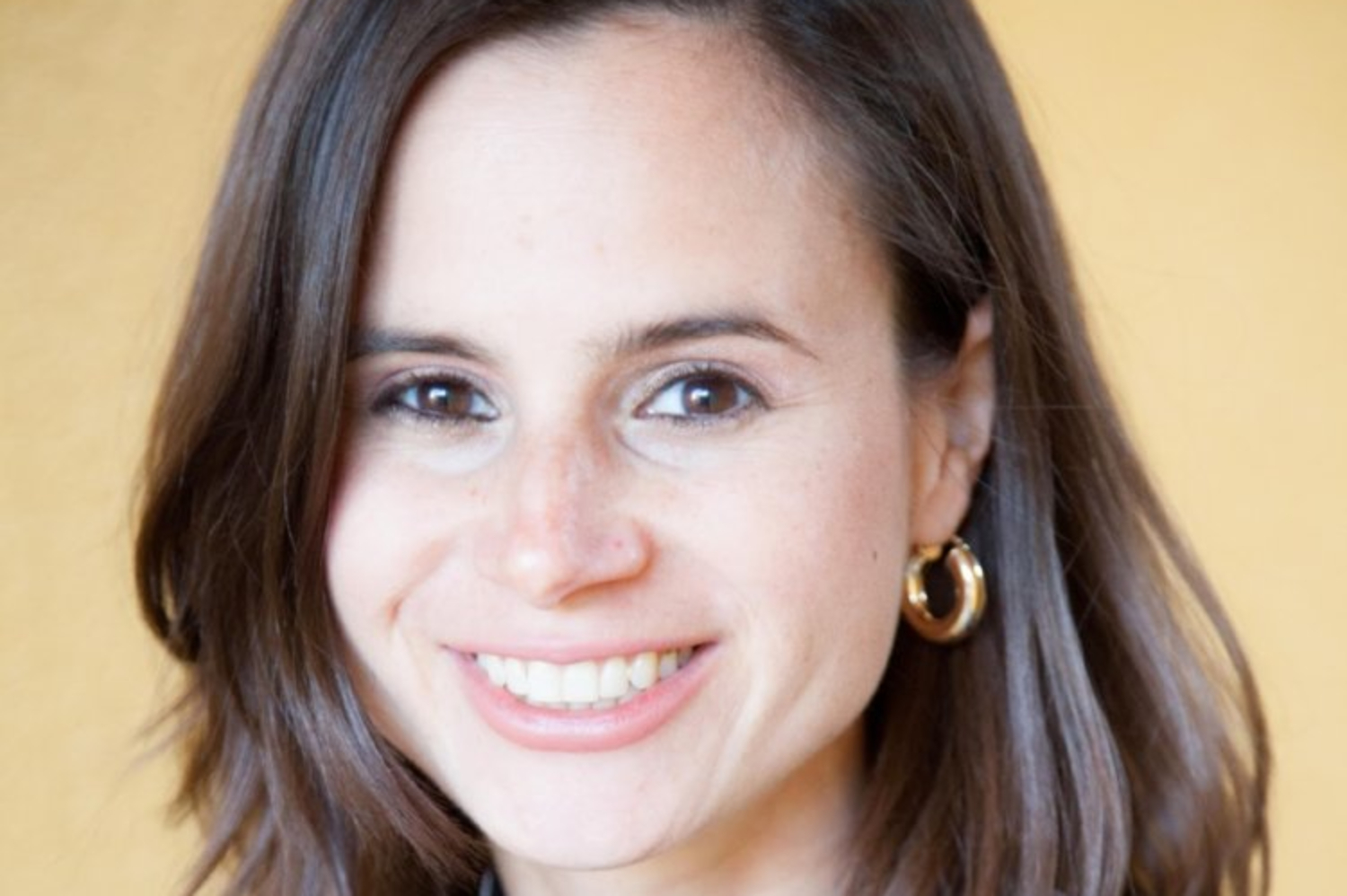
The pandemic may have converted the last of the dating app skeptics
If the pandemic has been good for dating apps, that means it’s also been good for those of us who have dedicated our lives to converting online dating skeptics to the swipe life. With workplace romances, drunken bar hookups and IRL meet cutes off the table thanks to social distancing, almost anyone hoping to connect with a new romantic prospect over the past year has been forced to swallow their dating app antipathy and get to swiping.
“I think the pandemic is making people more receptive to online dating,” says Carbino. “I think that people are realizing there’s a strong need for human connection as a result of COVID, and that relationships are vital and essential to their wellbeing. So I think it’s really pushed many people in the direction of embracing online dating for its ability to fulfill a need for romantic partnership.”
Video dating is here to stay
While dating apps owe much of their pandemic-era success to the fact that online dating was already a culture uniquely suited to a remote, socially distant era, the circumstances still called for some slight updates. In the early days of the pandemic, when restaurants and bars were still closed entirely and opportunities for in-person dates were practically nonexistent, video dates were all the rage. As we turned to remote Zoom conferences to replace everything from work meetings to happy hours and wedding celebrations, the pandemic also saw the rise of the Zoom date. Dating apps soon picked up on the trend, with many introducing in-app video dating features.
According to Carbino, the popularity of the video date represents one of the most significant changes to dating app culture since the start of the pandemic.
“When I first started doing research, people were very averse to video dating. People felt very uncomfortable with it and were not really interested in it,” she tells InsideHook. “And now it’s really such a huge central focus of the industry. I think people are really moving in that direction, and I think the pandemic has pushed people to adopt these new technologies that were once perhaps considered taboo or less interesting among online daters.”
Even as dating app users have gradually returned to in-person dates — and will likely only continue to do so as pandemic conditions continue to ease — video dating remains a popular way for app daters to screen potential dates before actually meeting up in person, a pandemic-era innovation that will likely continue to prove popular in our post-pandemic dating lives.
The dating app boom probably isn’t slowing down any time soon
While it may only seem logical that the COVID-era dating app boom would come to an end along with the pandemic, Carbino doesn’t see online dating weathering any significant post-COVID comedown. After all, dating apps had already been on an upward trend for the better part of the past decade. The pandemic may have accelerated that trend, but the success of online dating was never dependent on social distancing.
“Online dating has been doing well, and its importance in creating romantic partnerships between people has only increased, and that’s very evident. There’s a great deal of data out there to suggest that romantic partnerships have been forever altered in terms of how people meet by online dating,” says Carbino. “The last data I saw suggested that one in three people who married their partner in the last year met their partner online, and the data from this year and last year suggests that it might be closer to one in two.”
According to Carbino, this trend isn’t likely to slow down just because COVID is coming to an end. Now that more people have been exposed to online dating thanks to the pandemic, Carbino anticipates that many of those online dating converts will remain on dating apps even after the pandemic ends. “I think the pandemic presented the opportunity for communities that didn’t use online dating historically to do so. As people continue to use online dating and learn about it and witness that people don’t just use it, but have success with it, I can only imagine that online dating will continue to increase.”
Online dating fatigue is the same thing as regular dating fatigue (always has been!)
But what about all this dating app fatigue you’ve been hearing about for the past few years? Surely if people were already tired of dating apps before the pandemic, they must be exhausted by them now, right?
According to Carbino, so-called “dating app fatigue” has only ever been a veil for more generalized dating frustration, the same kind that has plagued daters for generations.
“I think that when people talk about not liking online dating, they’re misplacing their frustration with dating and relationship formation, generally, with online dating,” says Carbino. And because dating apps have now become “the primary mechanism by which so many people are meeting,” this transposition has only become easier. The more online dating takes over the dating landscape, the easier it is to pin all one’s dating woes on dating apps, rather than dating itself.
“Rather than saying, ‘I’m very tired of dating right now,’ they say, ‘I’m very tired of online dating,’ because that’s how they’re meeting people,” says Carbino. As it happens, however, there’s really no difference. “Twenty years ago people would say, ‘I’m just so tired of dating. I can’t go to another bar.’ Now people say, ‘I’m just so tired of online dating. I need to get off the apps.’ So I think they’re just misplacing their frustration with the platform.”
But whether we like it or not, those platforms are here to stay, pandemic or no pandemic.
Whether you’re looking to get into shape, or just get out of a funk, The Charge has got you covered. Sign up for our new wellness newsletter today.
